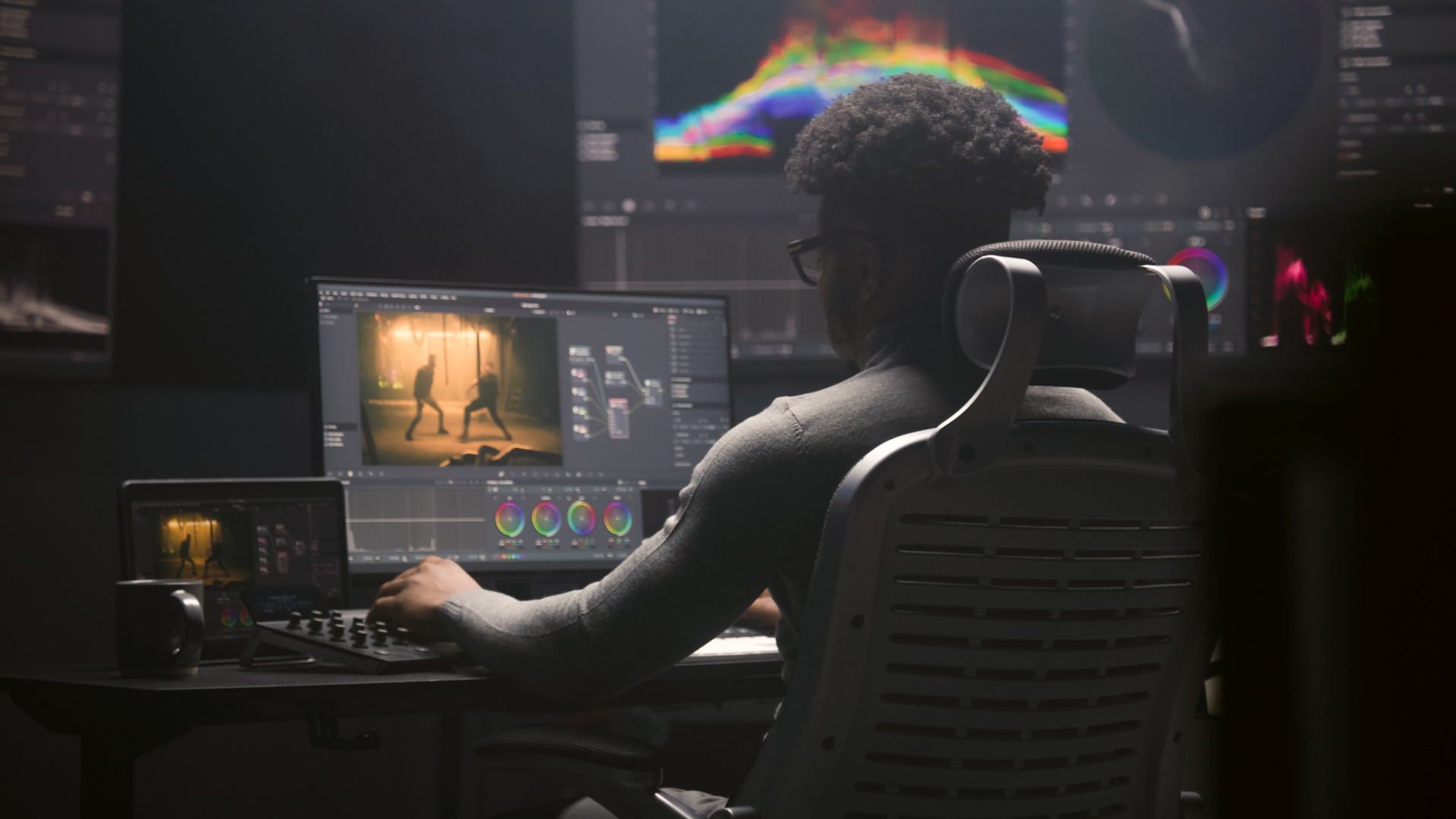The AI era has arrived, but investors, company leaders and technologists are still learning to navigate it. One challenge is the tension between startups and incumbents. Companies small and large are battling over AI’s application layer: how to deliver viable AI products to end users and turn them into revenue-generating machines.
Startups typically lead the way with groundbreaking technologies, but it is often the incumbents, with their limitless capital and distribution networks, that scale these innovations and win the market.
Both startups and incumbents bring unique strengths to the race for AI dominance. The key question for investors and industry watchers is: Who will be the first to commercialize these capabilities and build a sustainable business model?
At the Jefferies Private Internet Conference, “In the Age of AI,” Sarah Tavel, General Partner at Benchmark, shared predictions on the struggle between incumbents and startups, AI’s impact on the labor force and more.
Startups vs. Incumbents: Who Will Commercialize AI?
The clash between young companies and established companies is playing out across the market.
Take Perplexity, a year-old startup whose AI-powered search engine aims to challenge Google’s dominance. Its innovative product aggregates information into a single, cohesive answer rather than just providing links.
In May 2024, Google launched “AI Overviews,” a feature that offers AI-generated summaries at the top of search results. Sound familiar?
“There’s an assumption that startups will struggle to make headway in AI … for big companies like Adobe, innovation is just an API integration away,” Tavel explained. “But for this new generation of startups, AI is native to their business, and that makes a difference. They have a real chance to disrupt the incumbents.”
Tavel refers to the first wave of tech startups as the “skeuomorphic era”—a time when software mimicked and supplemented human work. In this era, it was easy for incumbents to “wrap” software over their business. With AI, where new technologies are genuinely transformative, the playing field might be more level.
How AI Unlocks Opportunity in Underexplored Industries
A key distinction between the Internet era and the AI era is their relationship to human labor. During the Internet era, incumbents used software to boost human productivity, aiming to help people work better and faster. Now, Tavel says, AI delivers a self-contained work product.
“This new wave of companies is selling the work itself,” she shared. “They’re opening up markets historically unexplored by incumbents—pricing their technology not as a productivity tool but as a work product.”
Tavel cited voice acting as an example. This industry rarely attracted incumbents, as there are few opportunities for software to streamline human work. Now, startups have the chance to revolutionize this underinvested sector with AI, which can generate high-quality voice-overs.
According to Tavel, these opportunities are often the most lucrative.
AI Is Only Getting Better. Where Does That Leave Humans?
Tavel wrapped up by discussing AI’s impact on the labor market. Specifically, she addressed fears that AI might trigger a labor crisis by replacing human jobs.
“There are many examples of technology replacing human work, but it’s never permanent. Those workers are reskilled, and ultimately, we all move up Maslow’s hierarchy,” Tavel explained. “AI automating some human labor means we all move up the chain toward more creative endeavors.”
–
As Tavel highlights, AI will bring unprecedented change, and the speed and scale of these transformations remain uncertain. However, there are clear opportunities for startups to lead and win. For investors, executives and workers, these technologies could usher in a more efficient, productive and creative future for all.




